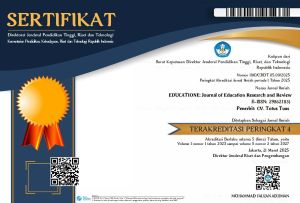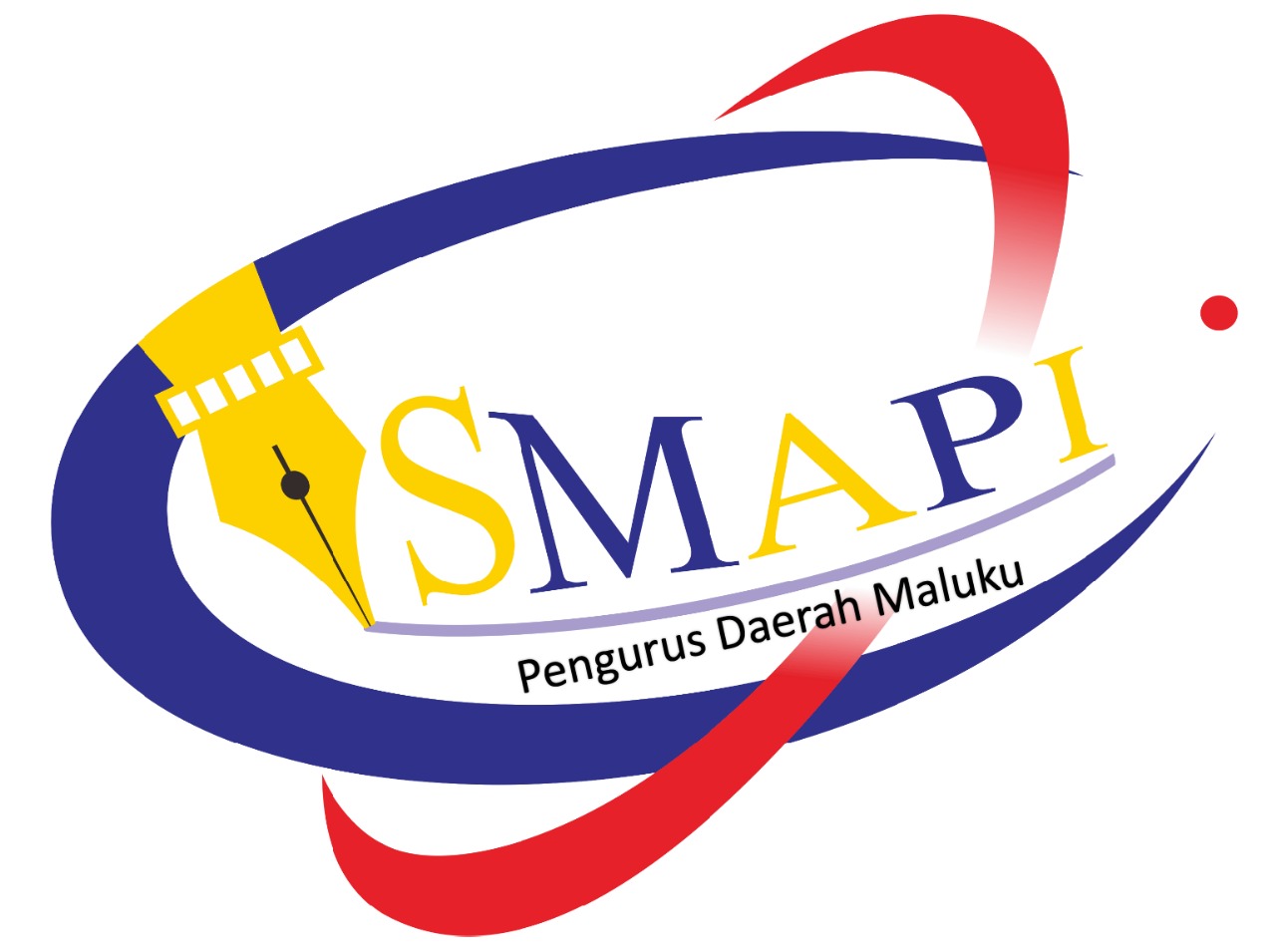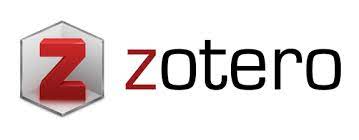RETHINKING URBAN POVERTY: THE EDUCATIONAL AND PSYCHOLOGICAL DIMENSIONS OF BEGGING
DOI:
https://doi.org/10.59397/edu.v3i2.118Keywords:
Adaptation, Beggars, Phenomenology, Poverty, UrbanizationAbstract
Urban beggary in Indonesian cities such as Pekanbaru persists as a complex social issue driven by intertwined economic, cultural, and structural factors. Rapid urbanization and economic growth have failed to alleviate deep-rooted social inequalities, resulting in a visible increase in street beggars despite government interventions. This study aims to explore the underlying factors contributing to the persistence of urban begging in Pekanbaru, understand beggars’ lived experiences, evaluate policy effectiveness, and identify barriers to sustainable solutions. Employing a qualitative phenomenological approach, data were gathered through purposive and snowball sampling, in-depth interviews, observation, and documentation in major begging hotspots across Pekanbaru. The findings reveal a heterogeneous population of beggars, including children, adults, and the elderly, often trapped in cycles of poverty, low education, and intergenerational transmission. While economic deprivation is a significant driver, agency, adaptation, and “innovative” strategies—such as performative begging—were also observed. The study highlights the limited success of punitive or charitable policies, underscoring the need for holistic, participatory interventions that address both structural constraints and socio-cultural stigmas. In conclusion, urban beggary in Pekanbaru is shaped by a complex interplay of poverty, social exclusion, and adaptive survival strategies. The research is beneficial for policymakers and social practitioners seeking context-sensitive, multi-dimensional solutions. Future studies should examine the dynamics of organized begging syndicates and evaluate long-term impacts of inclusive social programs.
Downloads
Published
How to Cite
Issue
Section
Citation Check
License
Copyright (c) 2025 EDUCATIONE

This work is licensed under a Creative Commons Attribution 4.0 International License.



















